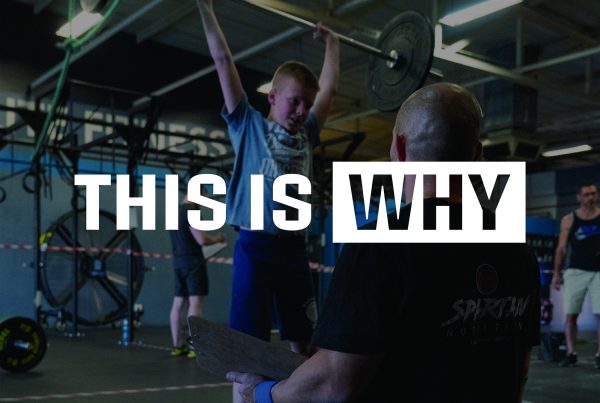The images below are of a text message chat I had last year with one of our dear members, Dmtry The Russian. It was following a workout that involved three barbell movements and the prescribed guideline load was your body weight. I trained in the class after Dmtry and when I got there he was still in the trenches, trying to complete the workout right at the time cap. I told him I’d kick his ass in the workout. I apologise for the poor quality of the image and my colourful language!
Dmtry did the maths. Although it’s not the most accurate calculation of power output, it shows that I had a far greater power output than him. I did kick his ass. He chose the guideline load of his body weight and that resulted in a time of 28 minutes. I went with 10kg under my bodyweight and finished in 17:50. Did he work hard? Absolutely. Was his workout effective? Not in the least. He didn’t get stronger (because it wasn’t designed to be a strength workout), nor did he increase his capacity (which was the primary goal of that workout).
He felt like he worked hard. But intensity isn’t a feeling. It’s based on how much work you do relative to the time you do it in. And the only way you’ll ever achieve the intended benefits of a workout is by modifying it to your abilities.
What you see on the whiteboard is a guideline, and along with the coach’s directions on the intended benefits of the workout, that gives you a template for that day’s session. You will almost always need to modify the session in some way. How do you do that? We use a simple guide:
- First reduce the technical demand of the movement/s. This is especially so for barbell and gymnastics movements.
- Reduce the load–put less kilograms on the bar. We can also reduce load on gymnastics movements.
- Reduce volume (reps/distance/sets/calories/etc.). This is probably done the least yet is so effective.
That order changes depending on the workout, but you should be doing some form of modification most of the time, regardless of your experience. Remember, the programming isn’t based on what you all used to be able to do. It’s based on where you could be.
–Imtiaz



